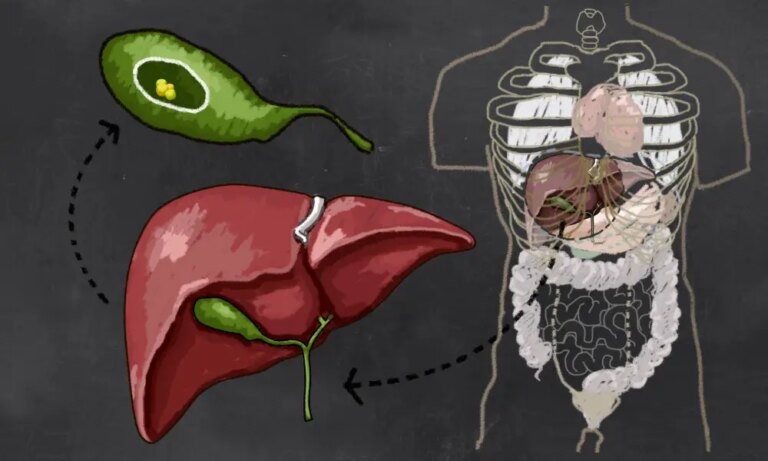Eggs are a few foods that could easily be classified as a “superfood.” They are loaded with nutrients, and some of these nutrients are hard to find in the modern diet.
What are the benefits of eating eggs for your body?
Raises High-Density Lipoprotein (HDL) Cholesterol
Research has found that people with high HDL levels tend to have a lower risk of heart disease, stroke, and other cardiovascular issues. A recent study found that eggs are a great way to increase your HDL levels. Recently, scientists found that 2 eggs per day for 6 weeks raised HDL levels by 10%.
Eye Health
Studies show that eggs can help slow down eye degeneration due to aging. Two nutrients found in eggs, lutein, and zeaxanthin, are potent antioxidants that accumulate in the eye’s retina. A recent study discovered that eating foods containing these antioxidants can significantly reduce the risk of cataracts and macular degeneration. Egg yolks contain large amounts of both lutein and zeaxanthin. Eggs are also high in vitamin A. Vitamin A deficiency is the most common cause of blindness globally.
High in Protein
The human body needs protein to make tissues and the molecules that help with the structural and proper functioning of the body. Eggs are an incredible source of protein. Nutritionists have found that a large egg contains roughly 6 grams of protein. Adding to the health benefits of eggs is the large amount of essential amino acids found in the eggs. Amino acids help your body make full use of the protein in them. Protein can aid weight loss, lower blood pressure, improve muscle mass, and support healthy bones.
Great Source of Minerals
Eggs contain large amounts of minerals such as phosphorus, zinc, and iron. These minerals are essential to your body’s health. Zinc helps your body maintain its immune system. Iron is required for many things to keep your body healthy, and phosphorus works with calcium and other nutrients to build healthy bones and teeth. Eggs are also rich in iodine, which is required to make thyroid hormones and selenium.
Contains Choline
Although many people aren’t familiar with it, choline is essential to the body. Choline is needed to build cell membranes. It has been found to play a crucial role in producing the signaling molecules in the brain. Studies have found that 1 egg has over 100 mg of choline.
Frequently Ask Questions
What is the Difference Between Brown and White Shells?
Usually, brown-feathered birds lay brown eggs, and white feathered birds lay white eggs. Of course, there can be exceptions.
How Long Does it Take a Hen to Be Ready to Lay an Egg?
It usually takes between 24 to 26 hours for a hen to produce a single egg, but some hens will lay more than one at a time.
Can You Get Sick From Eating Eggs?
The Centers for Disease Control reports that less than 1/2 percent of all food-borne illnesses are related to eggs. Roughly 1 egg in 20,000 may contain Salmonella.



















